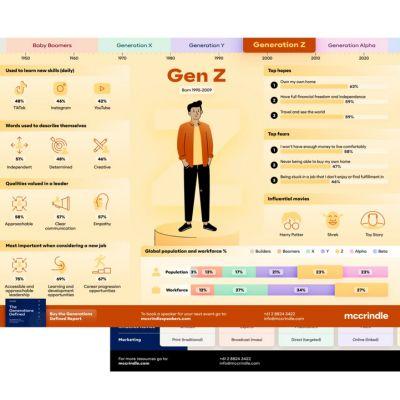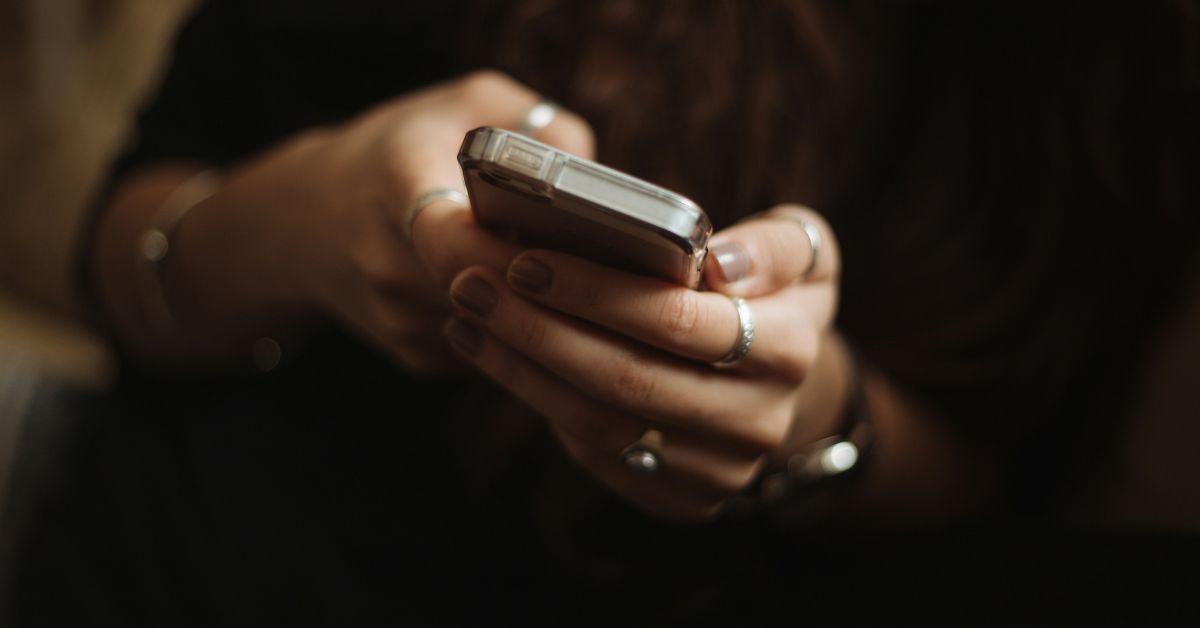By: Mark McCrindle
Returning your shopping trolley, waving to another driver, and being punctual are all opportunities to exhibit politeness and extend courtesy to your neighbour.
It is these etiquette standards and manners which are often seen as the guidepost directing community behaviour.
The Baby Boomers (born 1946-1964) are holding allegiance to the unwritten rules of society. But, are these rules being passed on to younger generations?
Nine in ten Baby Boomers (90%) strongly or somewhat agree that they always wave to another driver when they let them merge into traffic. This contrasts with younger generations where only 71% of Gen Y say the same (compared to 76% Gen Z, 78% Gen X).
Baby Boomers are more likely to return their shopping trolley (92%) compared to younger generations (78% Gen Z, 80% Gen Y, 78% Gen X), respond with their attendance to an event they were invited to (82% compared to 67% Gen Z, 72% Gen Y, 67% Gen X) and avoid using swear words in conversations (61% compared to 45% Gen Z, 45% Gen Y, 49% Gen X).
Being early and punctual to appointments is of high importance to Baby Boomers, as three in four (75%) strongly or somewhat agree they live by the statement ‘on time is late’ and strive to be at appointments or meetings early (compared to 53% Gen Z, 58% Gen Y, 65% Gen X).
While Baby Boomers are mostly concerned with upholding etiquette values, younger generations are more likely to be more adept to recognising dietary requirements. Three in five Gen Z (61%) and Gen Y (61%) strongly or somewhat agree they always check dietary requirements and cater for these when hosting or ordering for others (compared to 49% Gen X, 56% Baby Boomers).
In fact, younger generations are re-writing the rules for what is considered acceptable behaviour when it comes to devices and technology.
Communicating via Smartphones has Become the Norm
More than nine in ten Baby Boomers (91%) strongly or somewhat agree they always remove their earbuds or earphones when someone starts a conversation with them. Compared to younger generations, this isn’t as important (74% Gen Z, 81% Gen Y, 80% Gen X).
Baby Boomers are also more likely to respond promptly to texts, or at least acknowledge a text (81% compared to 56% Gen Z, 59% Gen Y and 67% Gen X), and always put their phone away when catching up or dining out with someone (79% Baby Boomers compared to 66% Gen Z, 63% Gen Y, 68% Gen X).
Baby Boomers became accustomed to smartphones much later in life, and subsequently place greater emphasis to ensure their phone is away when people are in front of them. On the other hand, Gen Z and Gen Y aren’t as adamant to do the same. More familiar with technology, these younger generations don’t feel it’s as great a priority to reply to texts, take out earphones when others speak with them, or keep phones away when catching up with others. These young generations are more lenient with the unwritten rules associated with technological behaviour.
In fact, when making contact with them, young Aussies would prefer a text about the purpose of a call prior to phoning them. Three in five Gen Y (61%) and Gen Z (58%) strongly or somewhat agree they would prefer someone sent them a text sharing the nature of the call before calling them (compared to 41% Gen X and 29% Baby Boomers).
Younger generations are setting precedent for components of phone etiquette that are not the norm for older generations today. Prior to smartphones, conversations required and received someone’s full attention. With young generations pushing these boundaries and writing new rules of etiquette, manners around technology continue to be developed.
Generation Z Infographic

Drawing on the insights from our new Generations Defined report, this infographic on Generation Z includes data on, their population and workforce participation, top hopes & fears, qualities they value in leaders.
Article supplied with thanks to McCrindle.
About the Author: McCrindle are a team of researchers and communications specialists who discover insights, and tell the story of Australians – what we do, and who we are.
Feature image: Photo by Priscilla Du Preez 🇨🇦 on Unsplash

